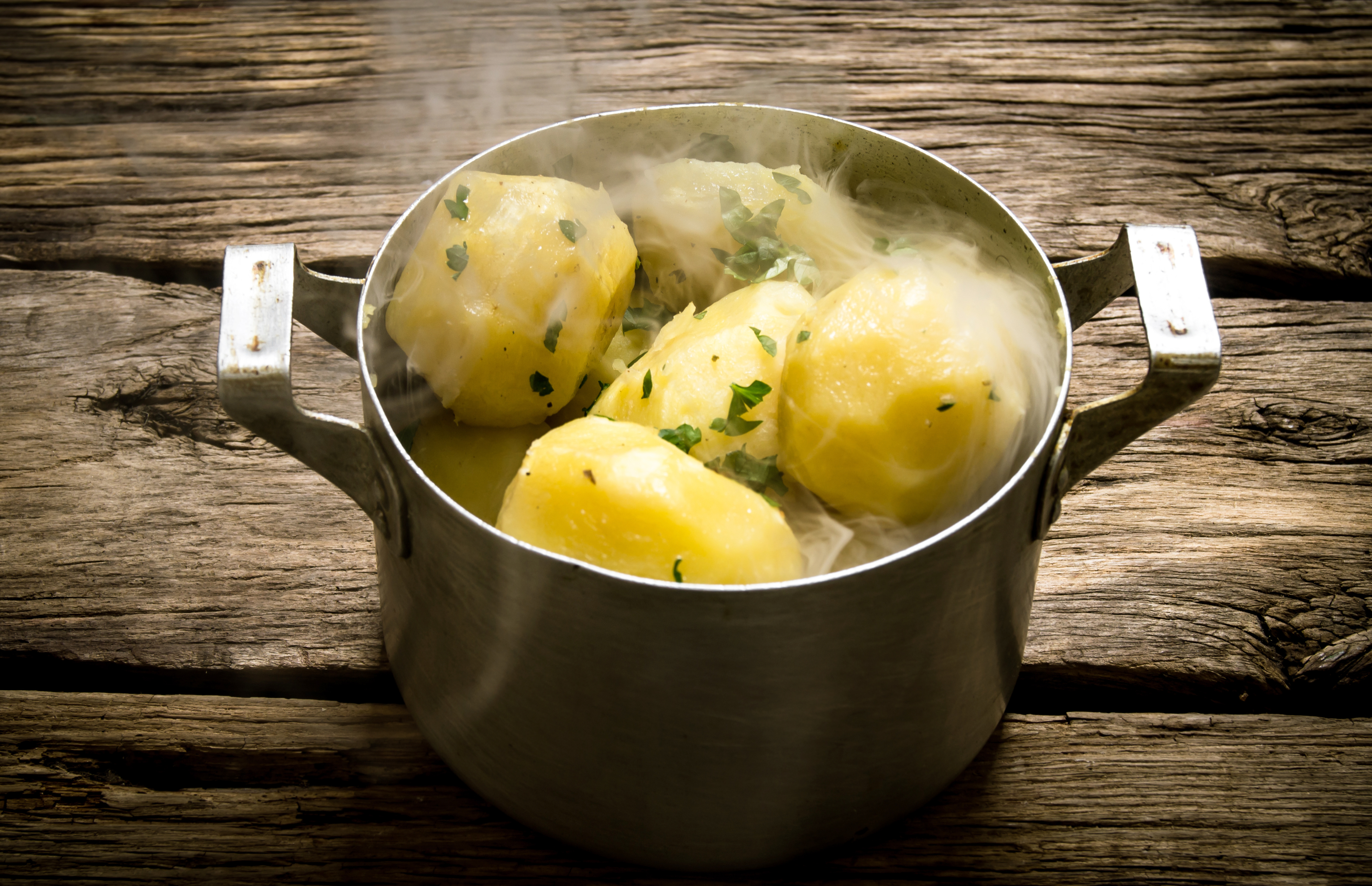13 Common Cooking Habits That Could Be Ruining Your Nutrients
Cooking is an art that transforms raw ingredients into delectable dishes, but it’s also a science that significantly impacts the nutritional value of your meals. While the primary goal of cooking is to enhance flavor, texture, and safety, it’s essential to recognize how various cooking techniques can inadvertently deplete essential nutrients. This article delves into 13 subtle ways in which your culinary practices might be robbing your meals of vital vitamins and minerals. By understanding these mechanisms, you can make more informed choices in the kitchen, ensuring that your meals are not only delicious but also nutritionally robust. The journey begins with an exploration of nutrient loss, identifying common culprits and offering practical solutions to preserve the goodness in your food.
1. Boiling Away the Benefits

Boiling is a common cooking method, especially for vegetables, but it can lead to significant nutrient loss. Water-soluble vitamins, such as vitamin C and B vitamins, are particularly vulnerable to leaching into the cooking water. Studies suggest that boiling can result in a loss of up to 50% of vitamin C in vegetables like broccoli, spinach, and zucchini. While the boiling process softens the food and makes it easier to digest, the loss of nutrients can be substantial. To mitigate this, consider steaming vegetables instead. Steaming uses less water and reduces the time food is exposed to heat, thereby preserving more nutrients. Alternatively, if boiling is necessary, using the cooking water in soups or sauces can help retain some of the lost nutrients.
